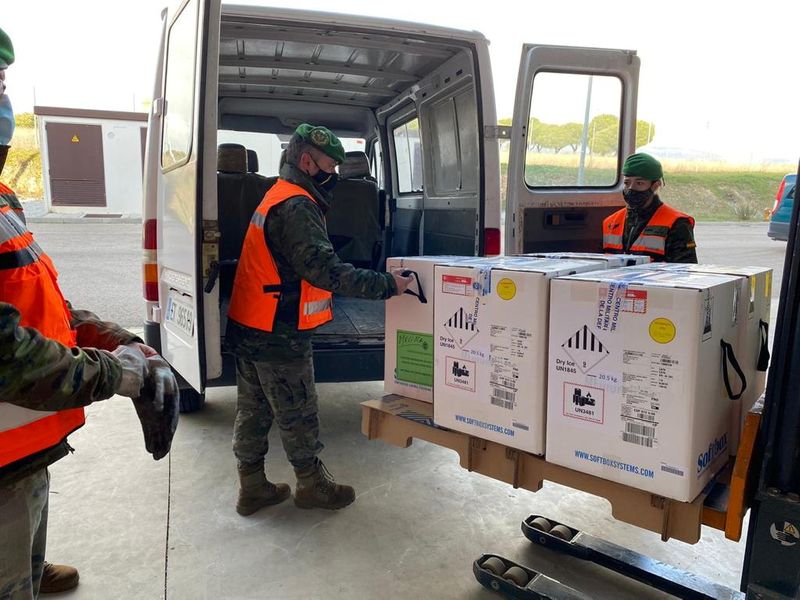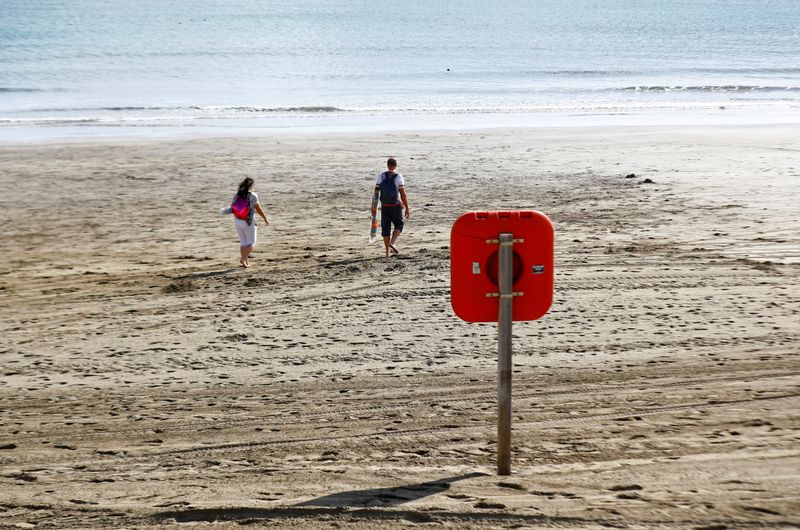MADRID (Reuters) – Spain reported its biggest one-day jump in COVID-19 cases since October on Friday amid a post-holiday surge that has pushed several regions to tighten restrictions.
After a lull in contagion through November, cases have been on the rise since December, accelerating sharply after Christmas.
Total cases since the start of the pandemic rose to 2,050,360, while the death toll climbed by 199 to 51,874, the data showed. The virus’ incidence jumped to 350 cases per 100,000 people from 321 cases on Thursday.
“(There is) maximum concern for how the pandemic is developing in our country,” regional policy minister Carolina Darias said earlier at a news conference. “Hard times are coming.”
However, Darias insisted that a nationwide lockdown was unnecessary and said regional authorities were on top of the situation.
Madrid, Andalusia and the Balearic Islands were the latest to announce tougher coronavirus restrictions on Friday, following similar moves by Castile and Leon, and Catalonia.
Authorities in the Madrid region, which has one of the country’s highest rates of infection at 452 cases per 100,000 people, extended localised lockdowns to some 40 neighbourhoods.
Some 1.2 million people in the worst affected areas – around 18% of the Madrid region’s population – will be confined to their home district when the restrictions come into force on Monday, Madrid’s health chief, Antonio Zapatero told a press conference.
The Madrid health department will also begin offering free rapid tests for 18-29 year olds in a push to detect asymptomatic virus carriers.
The southern region of Andalusia ordered bars and restaurants to close by 6 p.m., while on the popular tourist island of Mallorca they will be entirely shut down for two weeks.
Still, most of the country is enjoying more freedom that than in the rest of Western Europe. An opinion poll on Thursday showed some 60% of Spaniards believed measures should have been tougher.
(Reporting by Nathan Allen and Emma Pinedo; Editing by Andrei Khalip and Frances Kerry)


























